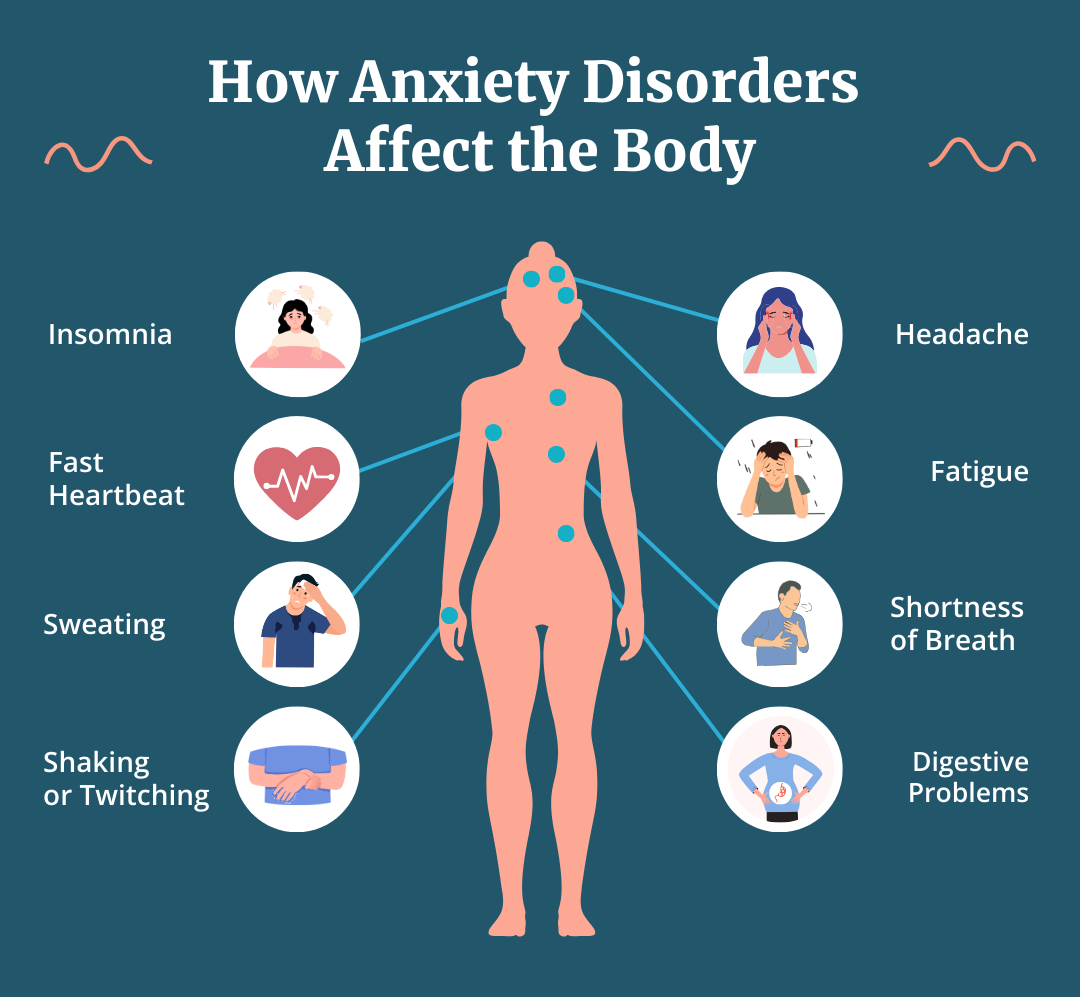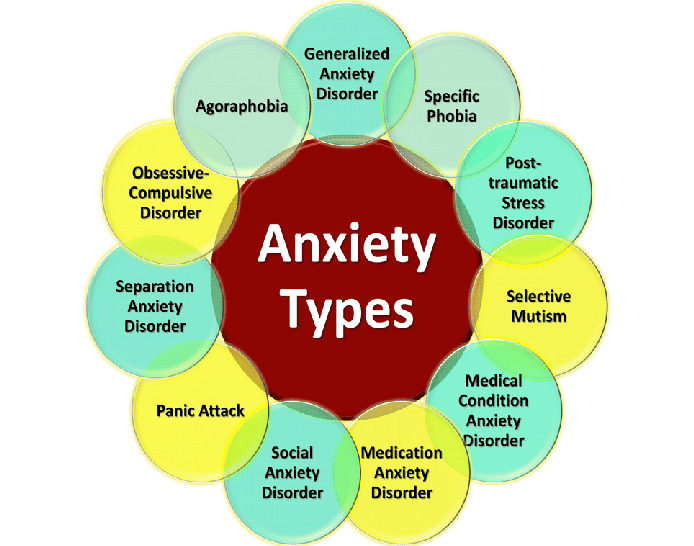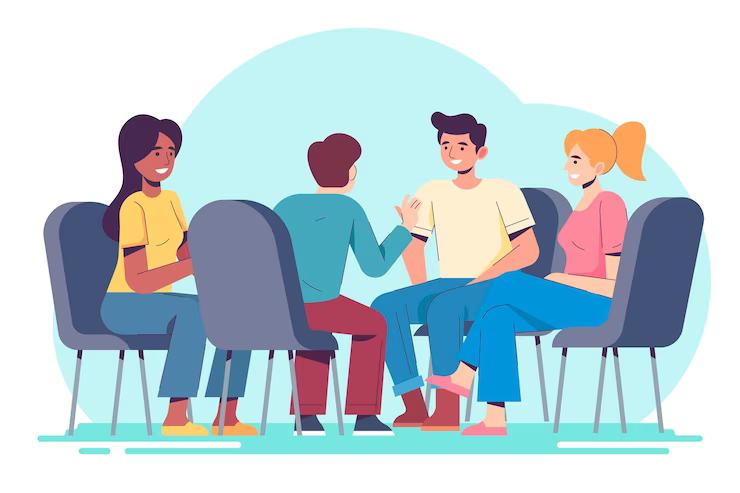ANXIETY
Contact us today for free advice
07876096232
How Anxiety Can Lead to Addiction
Anxiety can take various forms, and in some cases, it may lead individuals to develop coping mechanisms that can result in addiction.Understanding how anxiety contributes to addiction can provide insights into effective prevention and treatment strategies.
Certain types of anxiety, like social anxiety or PTSD, may increase susceptibility to addiction.
Individuals may use substances or behaviors to manage intrusive thoughts, panic attacks, or emotional pain.
Unaddressed anxiety and addiction can create a self-perpetuating cycle, making recovery more complex.


Types of Anxiety That Can Contribute to Addiction
Generalized Anxiety Disorder (GAD)
This involves excessive worry about everyday issues, which may lead some individuals to turn to substances or behaviors as a means of escape.
Social Anxiety Disorder
Those with social anxiety may use alcohol or drugs to cope with feelings of fear or discomfort in social situations, which can lead to dependency.
Panic Disorder
Individuals experiencing panic attacks might rely on substances to self-medicate and alleviate their intense and overwhelming feelings, leading to potential addiction.
Post-Traumatic Stress Disorder (PTSD)
Trauma survivors may use alcohol or drugs to numb their emotional pain or to relieve symptoms, increasing the risk of developing an addiction.

Obsessive-Compulsive Disorder (OCD)
Some people might engage in substance use to distract themselves from their intrusive thoughts or compulsive behaviors, which can lead to a cycle of addiction.


Key Symptoms of Anxiety
Re-experiencing/Intrusive Thoughts
Flashbacks that make individuals feel as though they are reliving the traumatic event.
Avoidance
Emotional detachment, leading to feelings of numbness or disconnection.
Negative Changes in Mood and Cognition
Negative beliefs about oneself, others, or the world.
Altered Arousal and Reactivity
Heightened sense of alertness (hyper-vigilance) or exaggerated startle responses.
Finding Support
If you or someone you know struggles with anxiety and potential addiction, it’s important to seek professional guidance. Addressing both the anxiety and the addictive behaviors simultaneously ensures a comprehensive path to healing and recovery.
